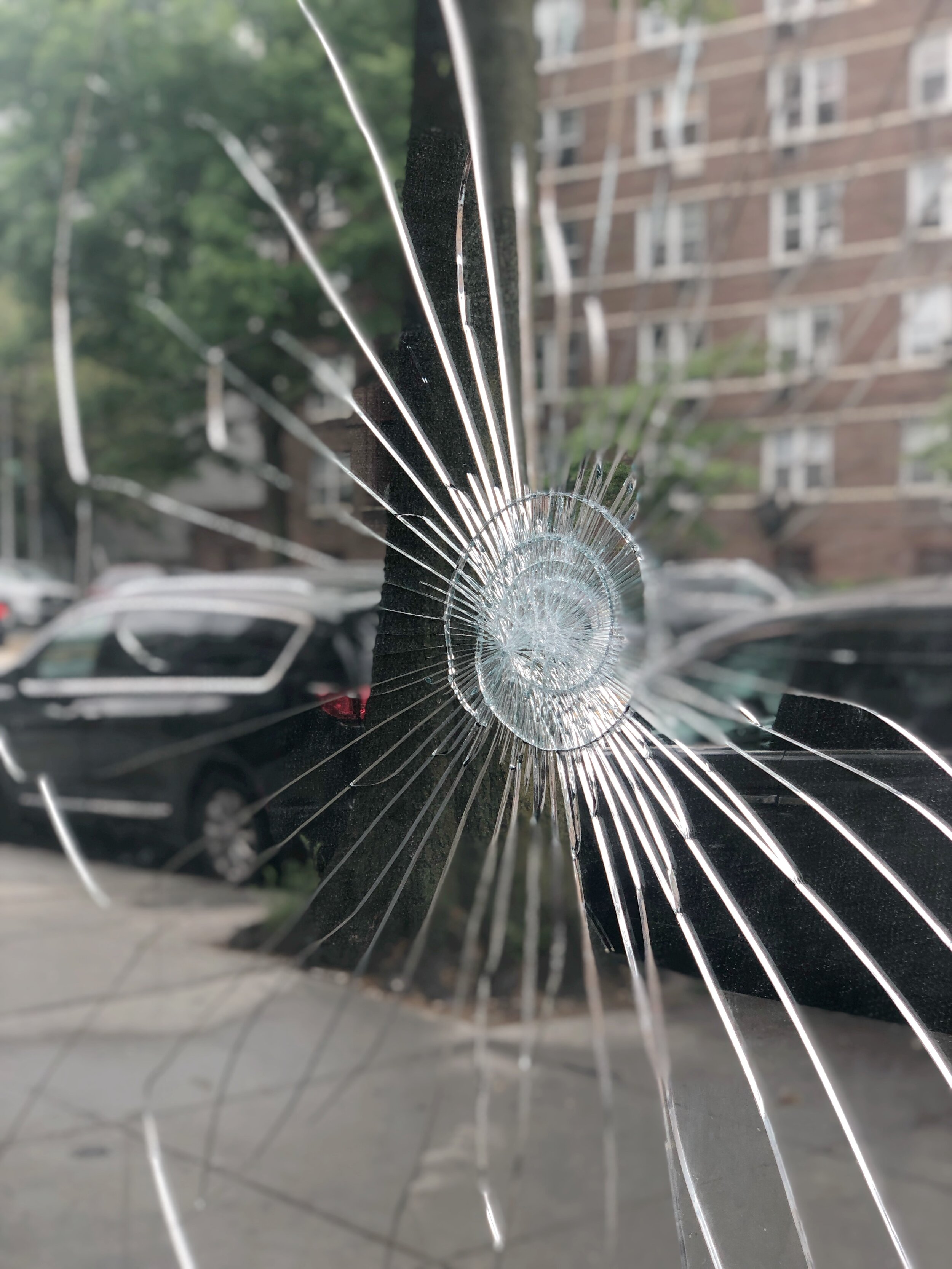
Bad Faith Bias Claims
Hindutva harassment often invokes the language of social justice and antiracism. This is a tricky issue because, in the United States, Hindutva ideology coexists alongside actual racism that negatively impacts those of South Asian descent. It can sometimes be hard for colleagues and university leaders to distinguish between Hindutva-influenced campaigns and progressive attempts to advance diversity and inclusion. This page offers some resources for making sense of bad-faith Hindutva claims of bias and the purposes such false claims serve.
Criticism of Hindutva is not anti-Hindu
In the 1923 pamphlet, “Essentials of Hindutva,” the inventor of the term and the father of the modern Hindutva movement, Vinayak Damodar Savarkar explicitly stated that Hindutva is not Hinduism. The former is a political ideology based on a racialized understanding of Hindu identity, while the latter is an umbrella term used to describe a huge array of ideas and practices. Modern Hindutva makes claims on Hindu identity, but its followers prescribe a narrow, North Indian-centric, and intolerant ideology which is opposed by many Hindus. Note that the false conflation of Hindutva and Hinduism is a deliberate attempt to evade legitimate criticism, including of the real biases and discriminatory practices of people supporting Hindutva. See more on Hindutva here.
Racism vs “Hinduphobia”
Hindutva attacks on scholars frequently deploy accusations of “Hinduphobia,” a recently coined term popularized by the Hindu Right. These accusations appropriate the language of antiracism.
Racism is a real problem for South Asian Americans, with recent research documenting that half of all Indian Americans report experiencing discrimination. Many of us, the members of SASAC, count ourselves among this number. South Asian Americans also report discrimination on the basis of religion, with Muslims bearing the brunt of religious-based discrimination. Anecdotally, Hindus too report discrimination based on religious practices, clothing, or dietary customs.
However, individual cases of discrimination, no matter how painful, do not amount to “Hinduphobia.” Scholars of South Asia overall consider the term “Hinduphobia” problematic for several reasons. It is deployed to stifle academic inquiry into Hinduism as well as criticism of Hindutva. As a recent report on disinformation among Asian American communities points out, “Hinduphobia” is frequently weaponized by far-right groups to “silence and gaslight Dalit organizers and caste-oppressed communities.” “Hinduphobia” rests on the false notion that Hindus have faced systematic oppression throughout history and in present times.
“Hinduphobia” relies on flawed analogies with anti-Semitism and Islamophobia, though these are very different. The anti-Semitic ideology of Nazism led to the Holocaust. Islamophobic foreign policies over time resulted in the killing of Muslims across the world, including in South Asia, as well as the recent anti-Muslim ban of the Trump administration. Anti-Hindu bias, on the other hand, cannot be easily linked to casualties on such horrific scales.
Deflecting from Hindutva Bias
Academics who complicate modern, polarized understandings of the past, or who otherwise work on South Asia and its diasporas, are vulnerable to accusations of Hinduphobia. Frequently, the charge of Hinduphobia is leveled at those who study caste and non-Hindu religions, including Islam. Here, “Hinduphobia” often acts as a smokescreen for casteism and anti-Muslim prejudice.
Being Hindu does not afford one protection from being called Hinduphobic, in much the same way that white scholars who criticize white supremacy are not immune to attacks which characterize their critiques as evidence of self-loathing or even betrayal of their own race.
Hindutva harassment and decolonization
Hindutva harassment often appeals to critical race theory and postcolonial theory to attack academic work on Hinduism or South Asia for being orientalist and colonialist. For those not familiar with Hindutva ideology, this can be confusing. However, the idea of “decolonization” promoted by supporters of Hindutva ideology is not progressive or emancipatory. Hindutva seeks to narrow diversity and enact social exclusions. Ultimately, some Hindutva advocates, especially in the United States, may mimic the language of decolonization, but their goals are quite the opposite.
The legacies of colonialism, racism, and orientalism live on in the academy just as they do in other social institutions today. Scholars of South Asia have often been at the forefront of challenging these systems of oppression.
However, advocates of Hindutva demand that ideologues who toe the Hindutva line take over the academic study of Hinduism. They often cover up this political agenda by claiming that they want Hindus alone to study Hinduism. Such a demand, even on face value, is an affront to the principles of academic freedom as well as those of inclusion and diversity. But Hindutva ideologues more specifically want only their own to have a voice. They invoke the language of diversity and inclusion to achieve the opposite—quell critical inquiry, undermine the academic study of religion, and advance a narrow, limited idea of Hinduism that leaves no room for diverse voices.